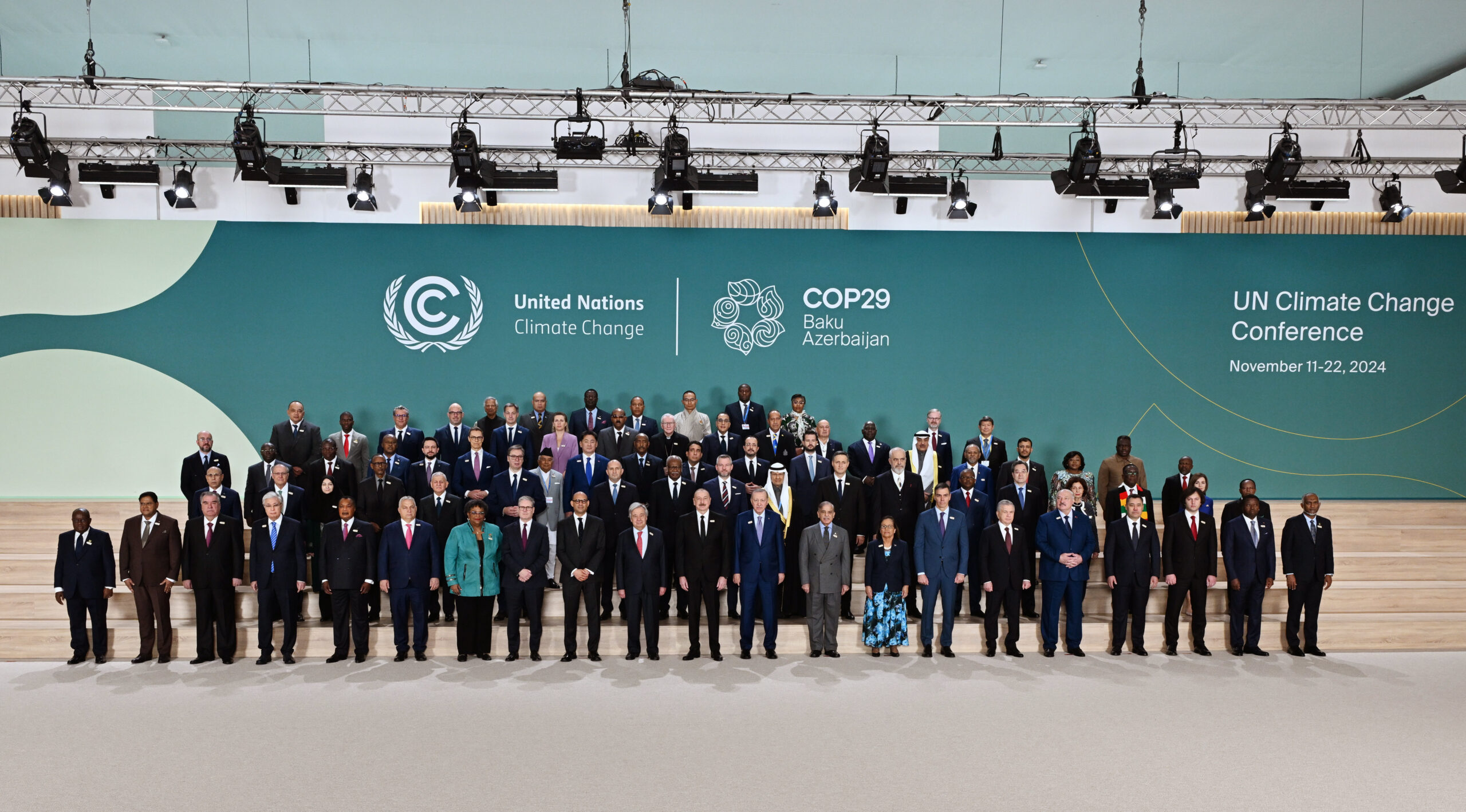Global South Demands Action At COP29 UN Climate Summit
| By Eliana Pisons |
Global South Outcry Amid Summit Inequities
The COP29 UN Climate Summit held in Baku, Azerbaijan, in November 2024, concluded amid rising tensions and widespread dissatisfaction, especially from nations in the Global South. These nations, bearing the brunt of climate change, expressed frustration at what they perceive as inadequate progress by wealthier countries toward addressing the global climate crisis.
The summit yielded modest agreements, such as commitments to expand renewable energy infrastructure and an updated Global Stocktake to assess progress under the 2015 COP21 Paris Agreement. However, major economies drew harsh criticism for failing to deliver on financial pledges to the Green Climate Find, which supports developing countries in climate adaptation. Leaders from Papua New Guinea boycotted this year’s summit, arguing that previous COP promises remain largely unfulfilled and “totally in vain”. The world’s most impoverished and vulnerable nations cannot continue to wait while wealthier countries delay meaningful action, stressed Prime Minister James Marape, noting that the heaviest climate burdens are carried by nations least responsible for global emissions.
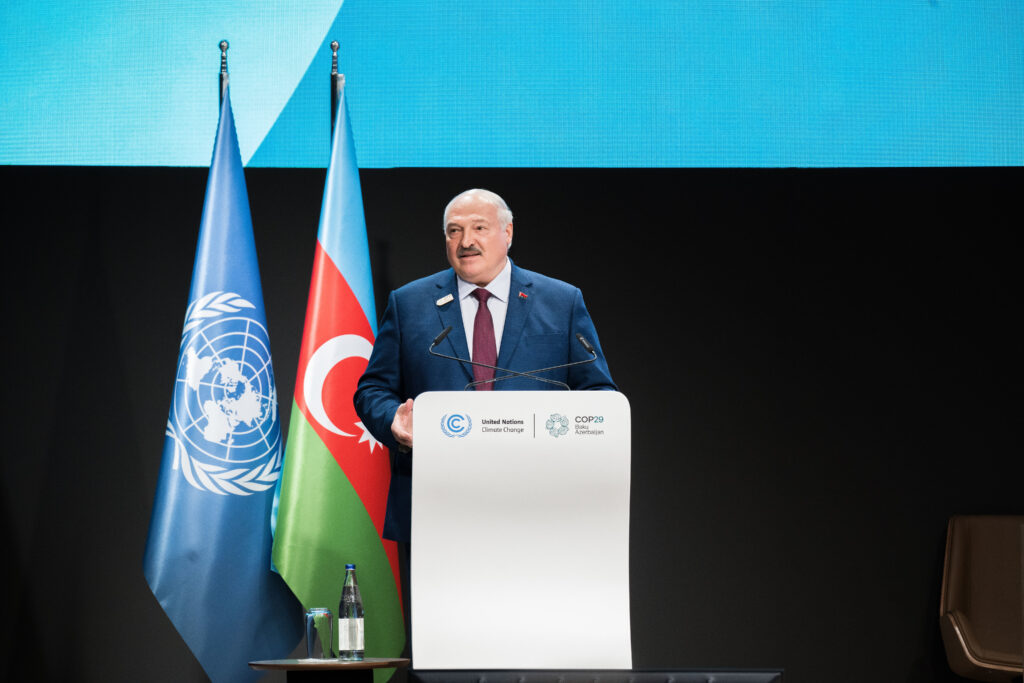
Absence of Key Actors Undermines Collective Climate Goals
One of the summit’s most contentious issues was the inadequacy and inequitable nature of new climate financing mechanisms being proposed. While advanced economies, most culpable for greenhouse gas emissions historically, pushed for solutions centered on private investments, technological advancements, and carbon offset trading, delegations from the Global South pressed for urgent direct financial assistance and debt forgiveness to fortify themselves against the escalating devastation already unleashed on their communities and territories.
Further underscoring the factional split over effective responses and lack of a unified path forward, Belarus President Alexander Lukashenko in his summit speech pointedly noted, “The people responsible for this are absent.” Top leaders from the world’s largest polluters and strongest economies—China, the U.S., India, and Indonesia, representing over 42% of the global population—did not attend the summit, raising troubling doubts about their commitment to the urgent task of collectively fighting climate change.
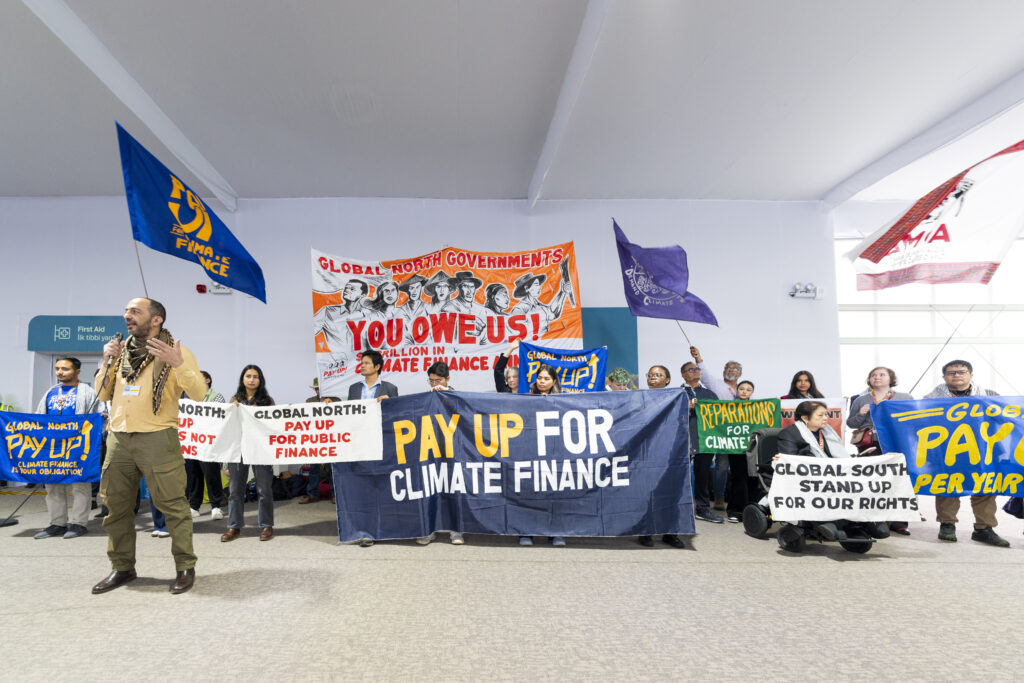
COP30 Rekindles Hopes For Global South
Despite their dissatisfaction with COP29, Global South nations are optimistic about COP30, set to take place in Brazil in 2025. Hosting the summit in the heart of the Amazon Rainforest—the largest rainforest on Earth—symbolizes a critical opportunity to focus global attention on deforestation and its role in climate change. Brazil, under President Luiz Inácio Lula da Silva, has already begun to position itself as a leader in rainforest conservation and sustainable development. Southern nations hope that COP30 will bring more tangible results, particularly regarding the Loss and Damage Fund, which was agreed upon in principle at COP27 but remains underfunded. Advocates argue that Brazil’s status as a Global South nation and its ecological significance will help amplify the voices of vulnerable countries and prioritize their demands.
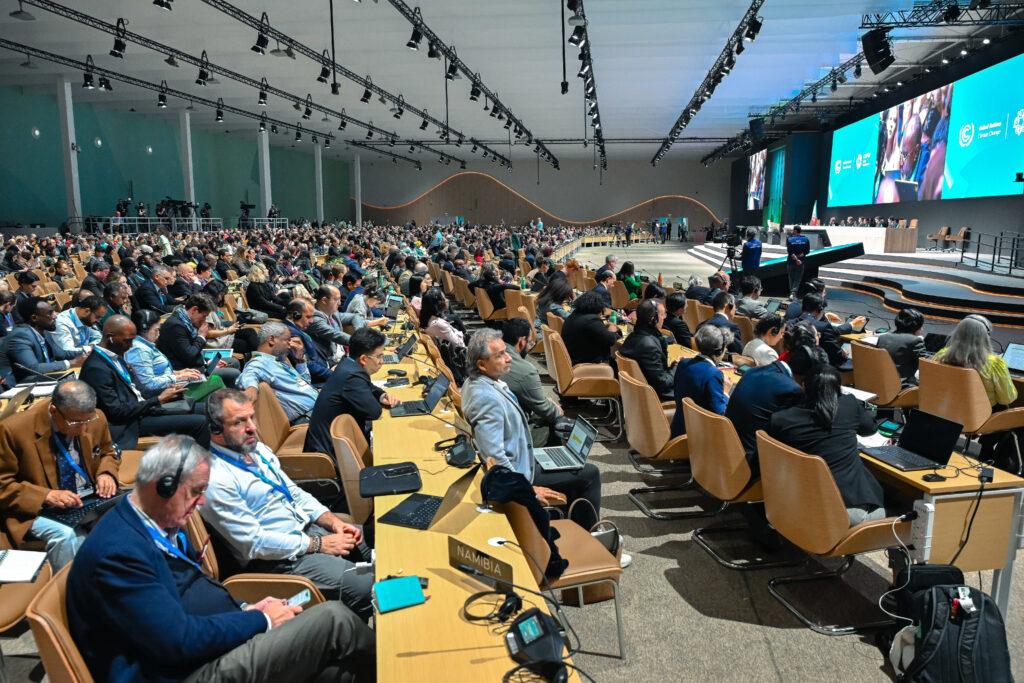
From Baku To Brazil, Climate Urgency Ramps Up
The road to COP30 is paved with significant challenges, gearing up to be the most important climate summit since Paris. Leaders from the Global South are pushing for the establishment of a robust accountability framework to ensure financial pledges are honored and polluting nations take responsibility for their outsized contributions to climate change. As the Amazon Rainforest’s health becomes a global symbol of climate resilience, the world’s attention will increasingly focus on delivering solutions that benefit those most affected. The climate crisis is a global challenge, but as COP29 has demonstrated, the burden is not shared equally. As world leaders prepare for COP30, the voices of the Global South will remain central to the fight for climate justice and equity.
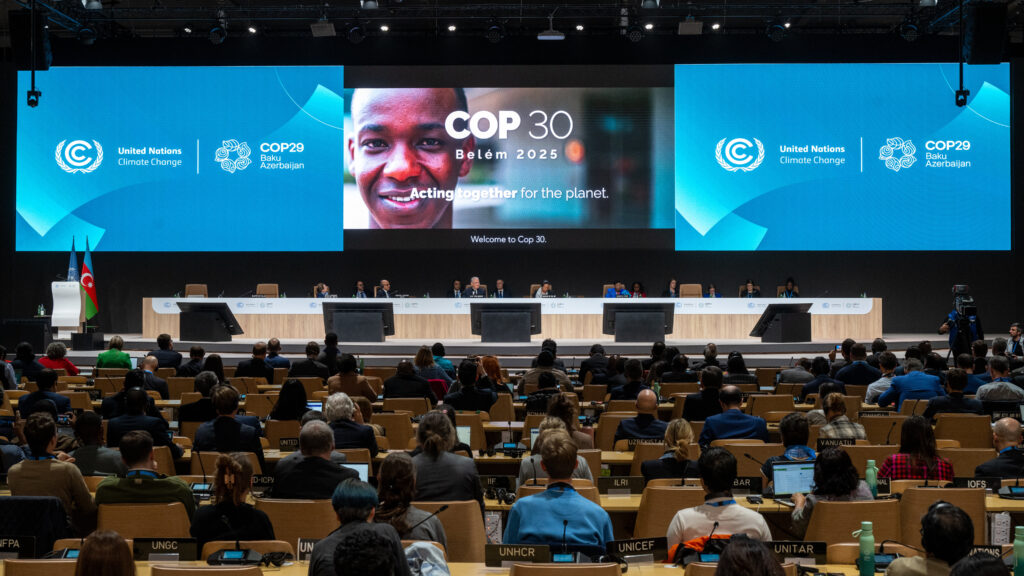
Photo Credit: UN Climate Change

